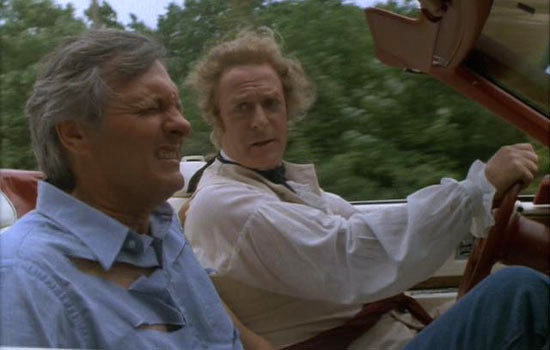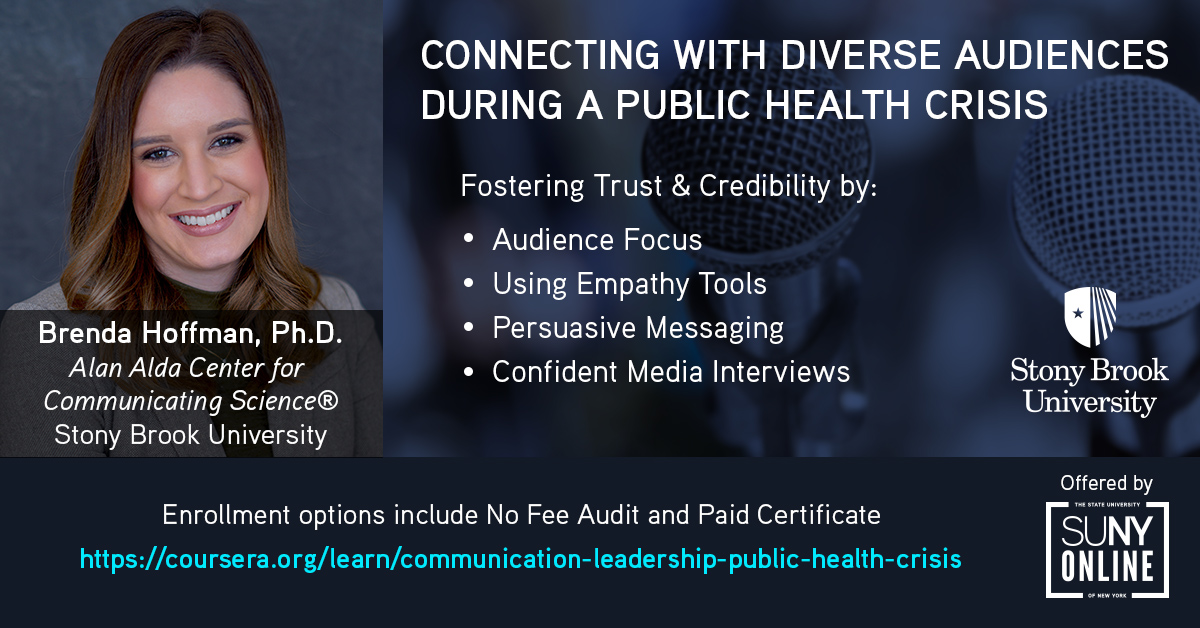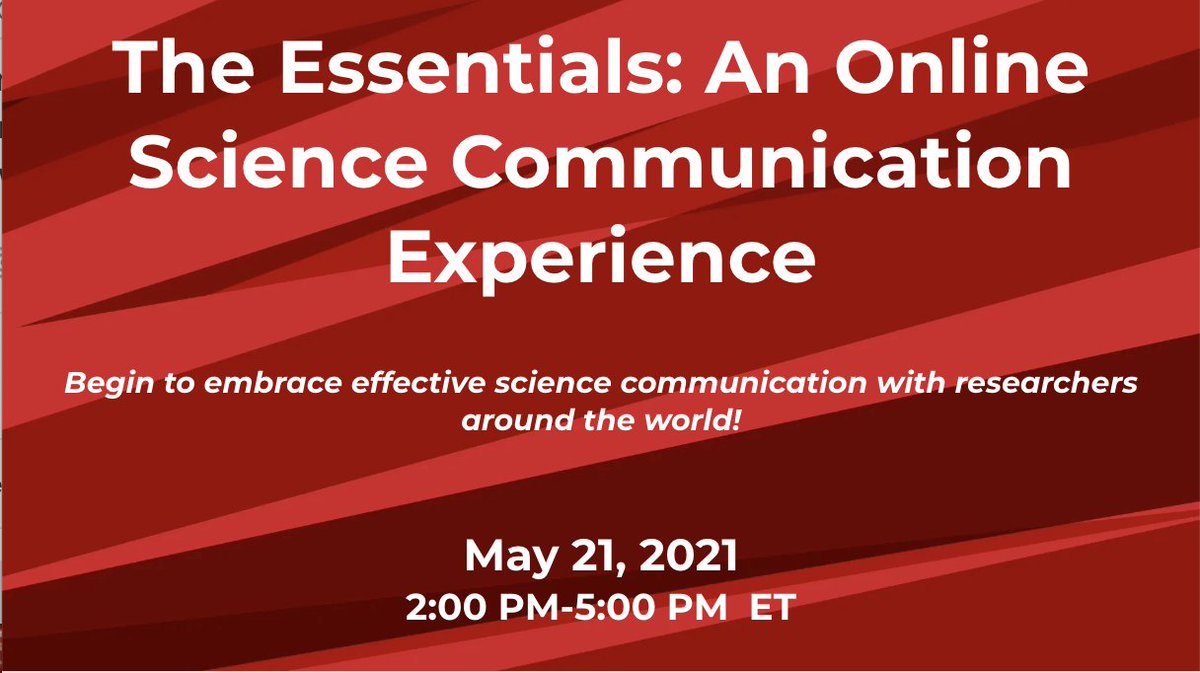If the pandemic has taught us anything, surely it has been that bad news spreads fast, and even faster when it’s posted to social media. Throughout this time, it has been difficult to separate trustworthy sources from someone’s sister’s best friend who lives next door to the cousin of the director of the (insert public health agency here). There have been plenty of heated debates about public health guidelines, when they should be implemented and when they should be lifted. Who’s right? Who’s wrong? What’s true? What’s “fake news?” Science Communication (SciComm) enters the chat.
We live in a world where social media has taken on a life of its own. Nearly everyone you know, children and adults alike, has a social media page on at least one platform. We use social media for almost every aspect of our lives: to catch up with friends, share a picture of that perfect meal, or showcase our dancing skills to the latest song that charted on the top 10. According to a Pew Research study, nearly half of all Americans also get their news from social media! This makes it easy to get lost in information and not be able to discern facts from fake.
If you’ve been keeping up with the trends concerning COVID19, then you are well aware of the misinformation that has been and continues to be shared across various social media platforms concerning this virus. You’re probably also pretty clear on how the rapid spread of that misinformation translates to public health outcomes and why that’s not in the best interest of the community. Given that so many Americans get their news and entertainment from social media, it’s imperative that we use SciComm effectively to reach audiences in real-time and dispel the myths in as quick of a turn-around time as the misinformation is received.
Tackling misinformation head-on and having effective science communicators across all social media platforms is paramount. What is “SciComm effectiveness?” In this case, the target audience is a niche group, many of whom have not had to think about science since the grade school science fair. To know and understand the ins and outs of science is one thing. To be able to relay even the most complex of science concepts in a clear and concise manner to an audience with limited or no science background, and have them understand, is effectiveness.
As a science communicator, I use the following guidelines to garner success in my messaging:
1) I tailor my SciComm to the target audience at that time., I like to call this “time and place.” There are times and places in which I am the subject matter expert (by training). There are also times when I am not the subject matter expert (by experience). My education and training background may make me an expert in the field, but it shouldn’t outrank the lived experience of the audience I intend to reach. This is where emotional intelligence comes into play. I try to be mindful not to enter a space with the assumption that the audience has zero experience with the subject matter.
2) I use language my target audience understands. If I need to relay a message but also need to avoid using specific scientific terms like photosynthesis, I might choose to use the phrase “plant life cycle” instead. It’s a small but effective change that confers the same message. These small changes can make all the difference. I try to talk to people, not talk at people.
3) I keep it simple. If I can’t explain it so that someone in primary school can understand, then I need to go back to the drawing board and try to break the concept down even more. Even if that means covering multiple, more simplified concepts one at a time.
4) I try to use real-life, relatable examples that the audience is familiar with. For example, when I explain diabetes and have to describe how our bodies use food as fuel, I like to use the following analogy, “Cars run on gas, human bodies run on sugar.” You put gas in your car and that gas gets converted into energy your car can use to run properly. Likewise, you put food in your body and that gets converted to sugar (the energy your body can use) so that it can run properly.
5) When I can, I make it fun!


I like to use props like science plushies when I can. Sometimes, visual aids help to reinforce the concept and can add an element of openness and relatability to the content. I am a scientist. I am also an educator. I believe that learning can be fun and engaging and when those two elements are present, I tend to achieve better learning outcomes with my audience.
Science communication is an art, especially when attempting to correct misinformation. As members of the science and medical communities, we’re constantly communicating science to each other via publications, white papers, briefs, etc. I believe it is important that we strive to become better at communicating our knowledge effectively to non-science audiences to reduce the spread of misinformation. We are greatly needed.
How can we achieve greater effectiveness in our communication using social media? Be approachable for open conversation, be relatable, and use our emotional intelligence.
This means being able to reach our target audience where they are. In the words of Erykah Badu, “What good do your words do, if they can’t understand you?”










